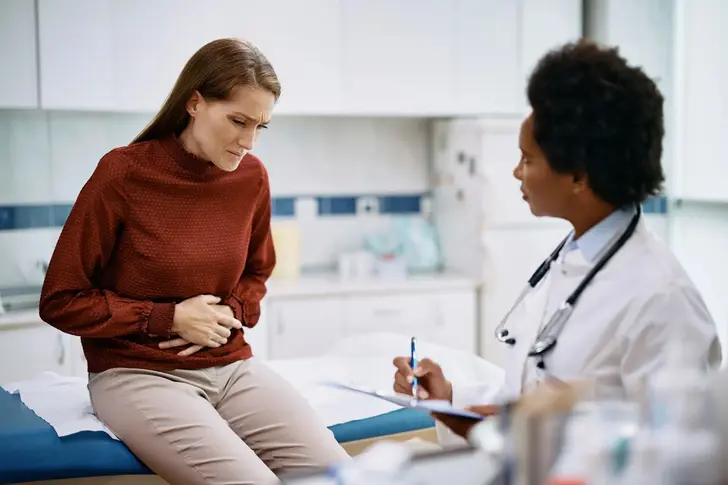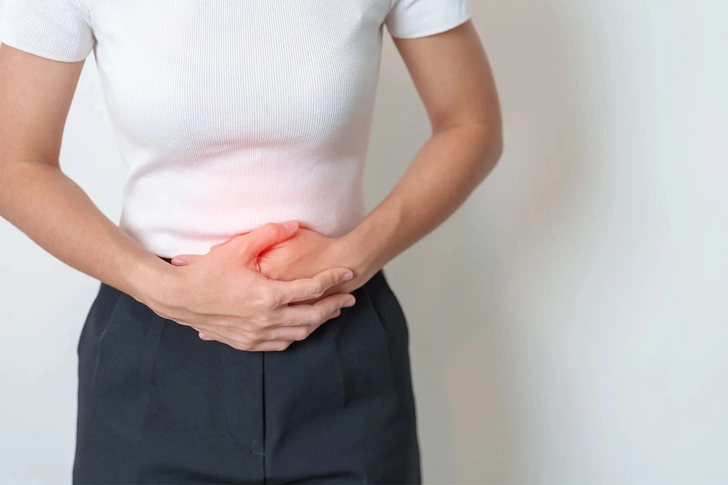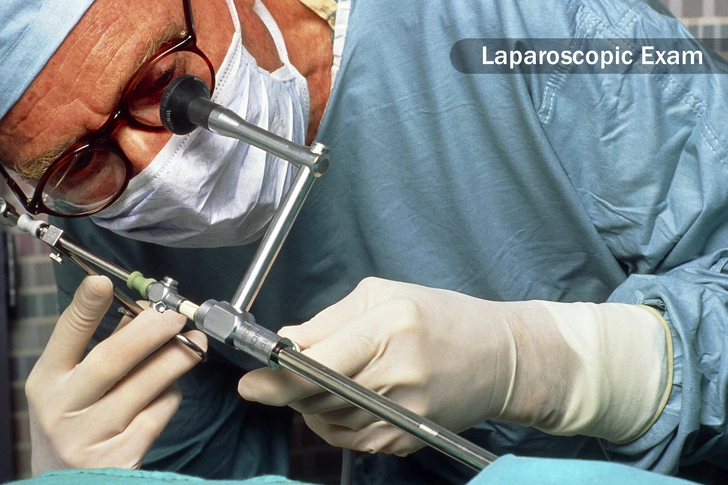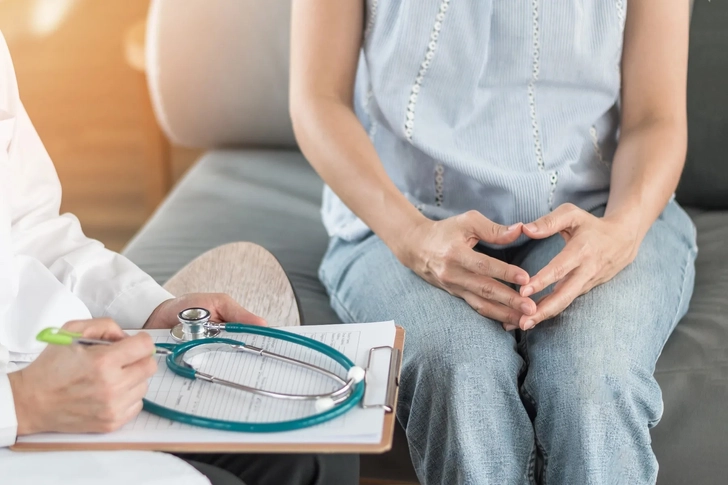A Guide to Bowel Endometriosis


What Is Bowel Endometriosis?
Endometriosis is a painful condition in which tissue similar to the uterine lining grows somewhere else in your body. When it grows in your bowel, it's called bowel endometriosis. It has two forms: superficial lesions on the surface of the bowel and deep lesions that penetrate the bowel wall.

Causes of Bowel Endometriosis
The exact cause of bowel endometriosis is still being studied, but research suggests that genetics, inflammation, and estrogen levels may contribute to it. It is most commonly found in women in their 30s and those with a family history of endometriosis.

Symptoms of Bowel Endometriosis
The symptoms of bowel endometriosis can vary based on the location, size, and depth of the growths or lesions. Some women may not have symptoms, while others may have trouble with bowel movements, menstrual discomfort, painful sex, and infertility. These symptoms may worsen before and during your period.

Diagnosis of Bowel Endometriosis
Endometriosis can be difficult to diagnose since it has similar symptoms to other conditions like irritable bowel syndrome (IBS). To find out if you have bowel endometriosis, your doctor will likely ask about your symptoms and medical history, examine you, and order imaging tests. These may include transvaginal or transrectal ultrasound, MRI, laparoscopy, and barium enema.

Treatments for Bowel Endometriosis
The treatment for bowel endometriosis will depend on the severity of your symptoms and your medical history. Your doctor may recommend surgery to remove lesions or offer hormone therapy to help control your estrogen levels and manage your symptoms. Living with endometriosis can present challenges, so your doctor may also recommend counseling to support your mental health.

Outlook for Bowel Endometriosis
There is no cure for endometriosis, but treatment can help manage your symptoms. Lesions tend to grow slowly and can even shrink over time, but you may need to continue long-term treatment until menopause or when planning for pregnancy to feel your best.
If you think you may have bowel endometriosis, see your doctor for diagnosis and treatment.
IMAGES PROVIDED BY:
Slide 5: John Greim/Science Source
Slide 7: E+/Getty Images
Other Slides: Shutterstock
SOURCES:
International Journal of Women’s Health: “Bowel Endometriosis: Current Perspectives on Diagnosis and Treatment.”
Endometriosis UK: “Endometriosis and the Bowel.”
Mayo Clinic: “Transvaginal ultrasound,” “Endometriosis,” “Barium enema.”
U.S. Department of Health and Human Services: “Endometriosis.”